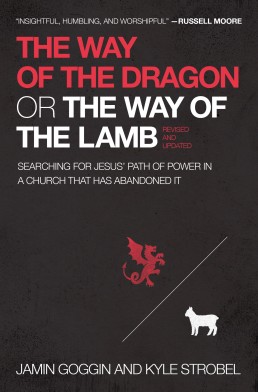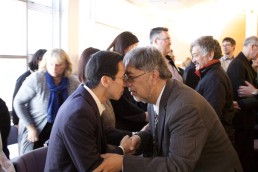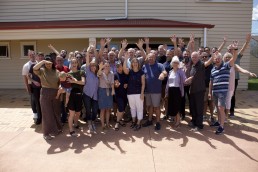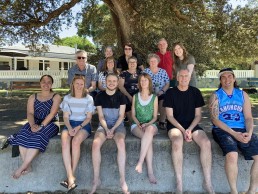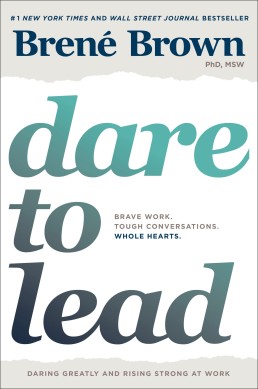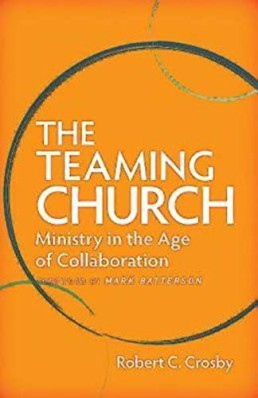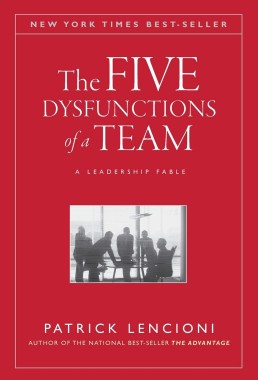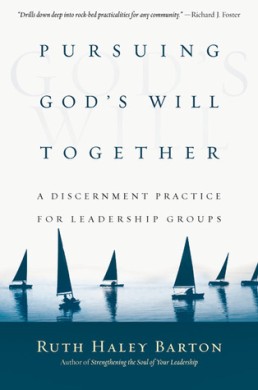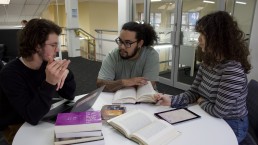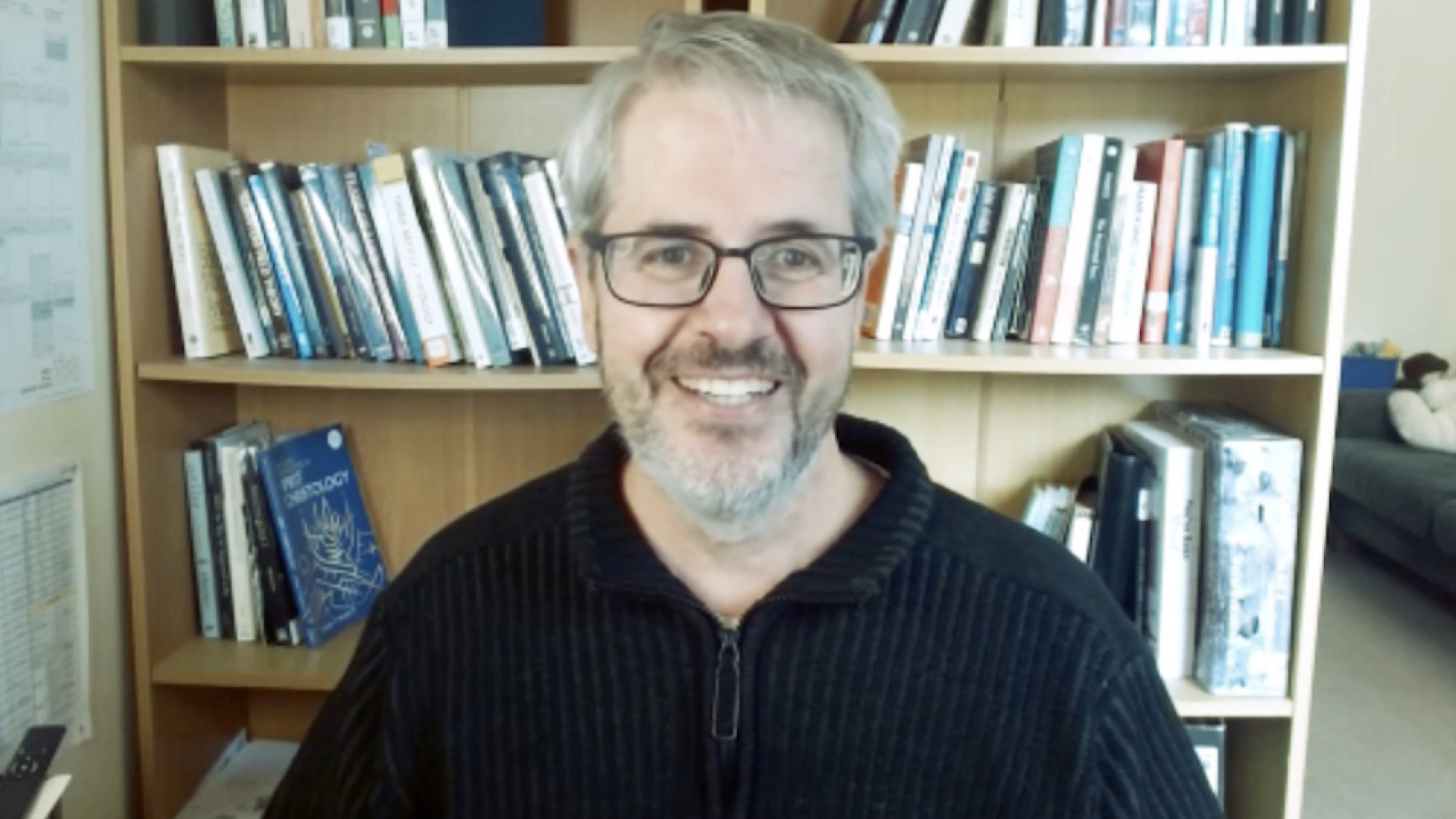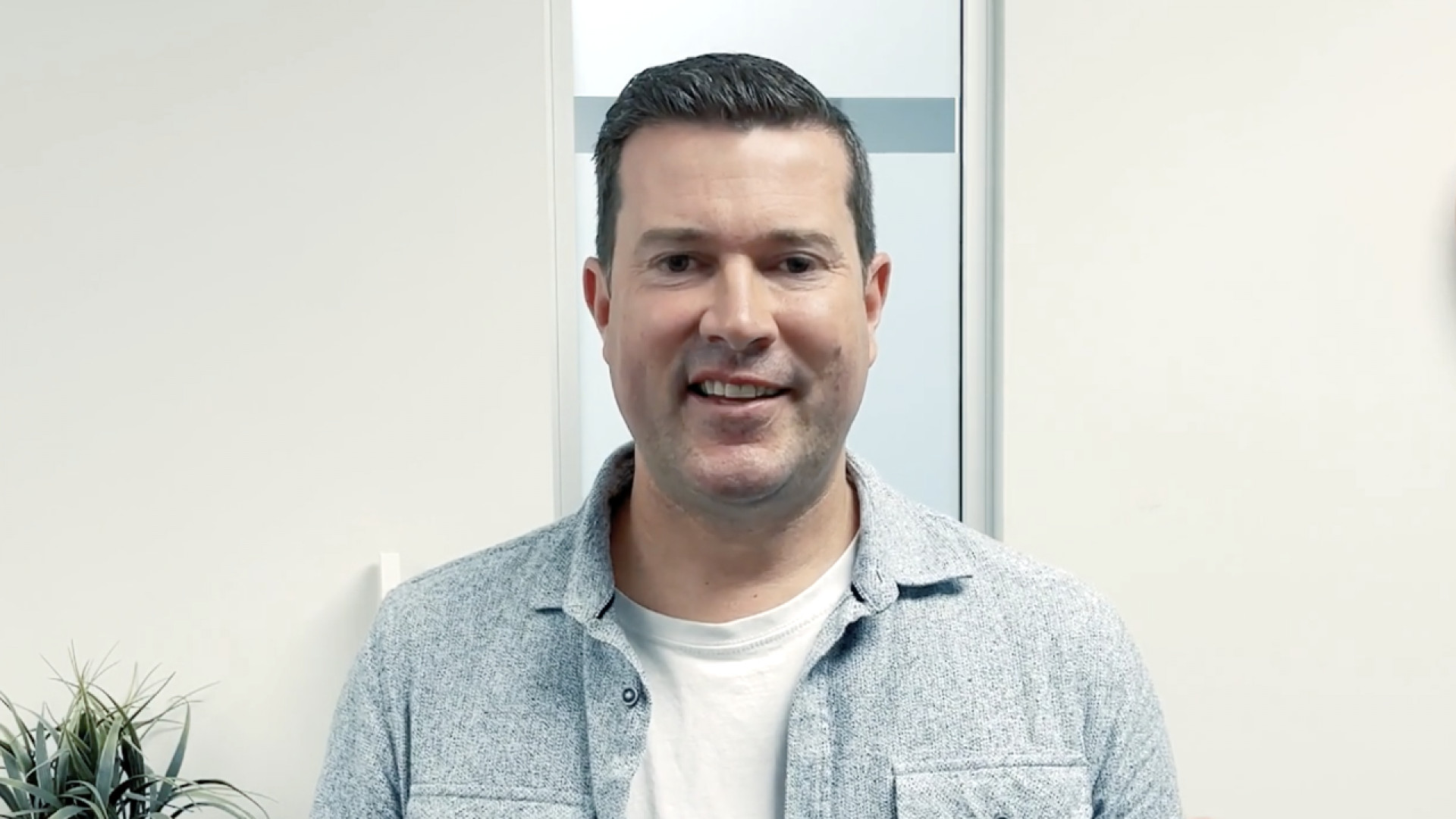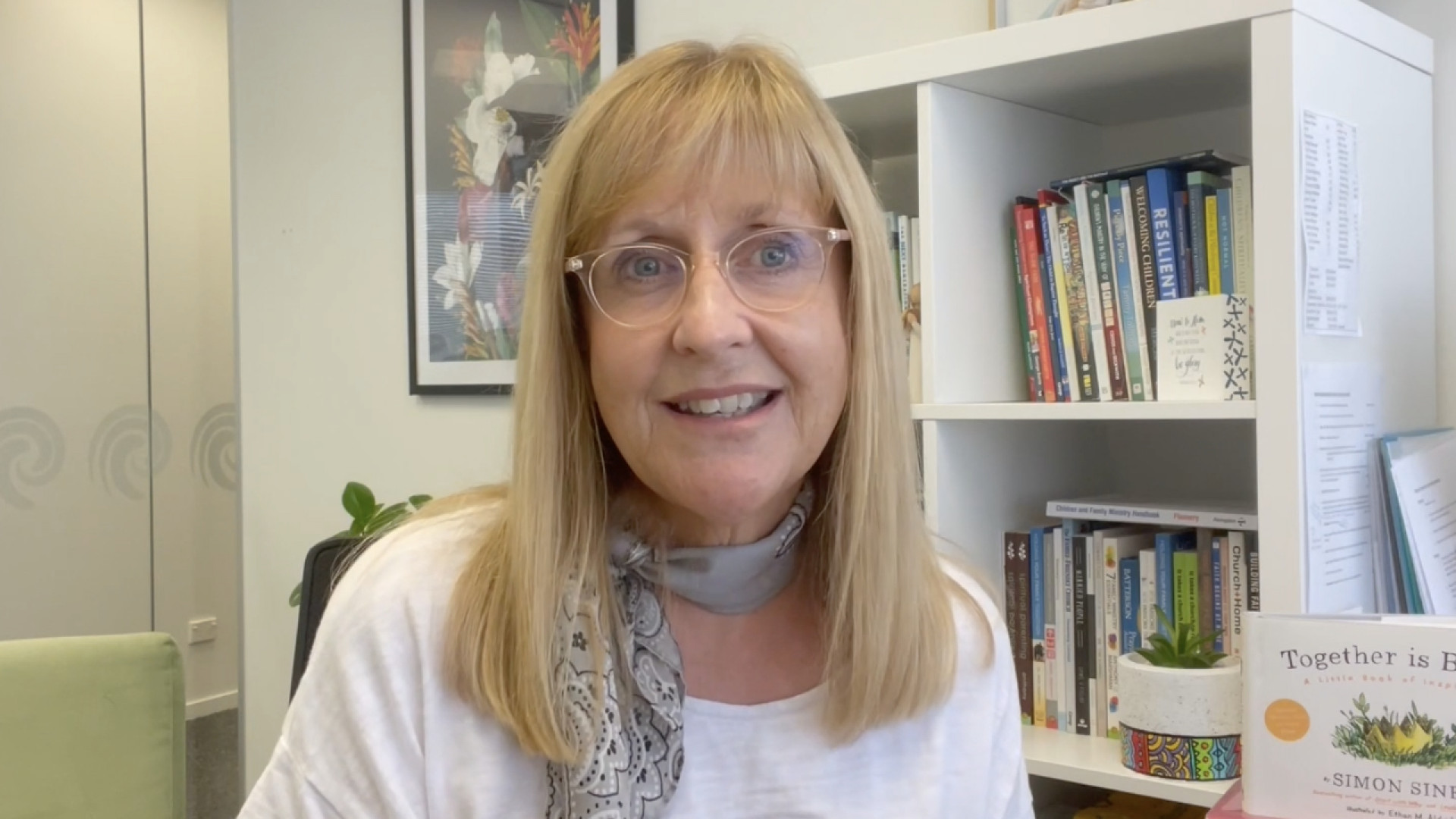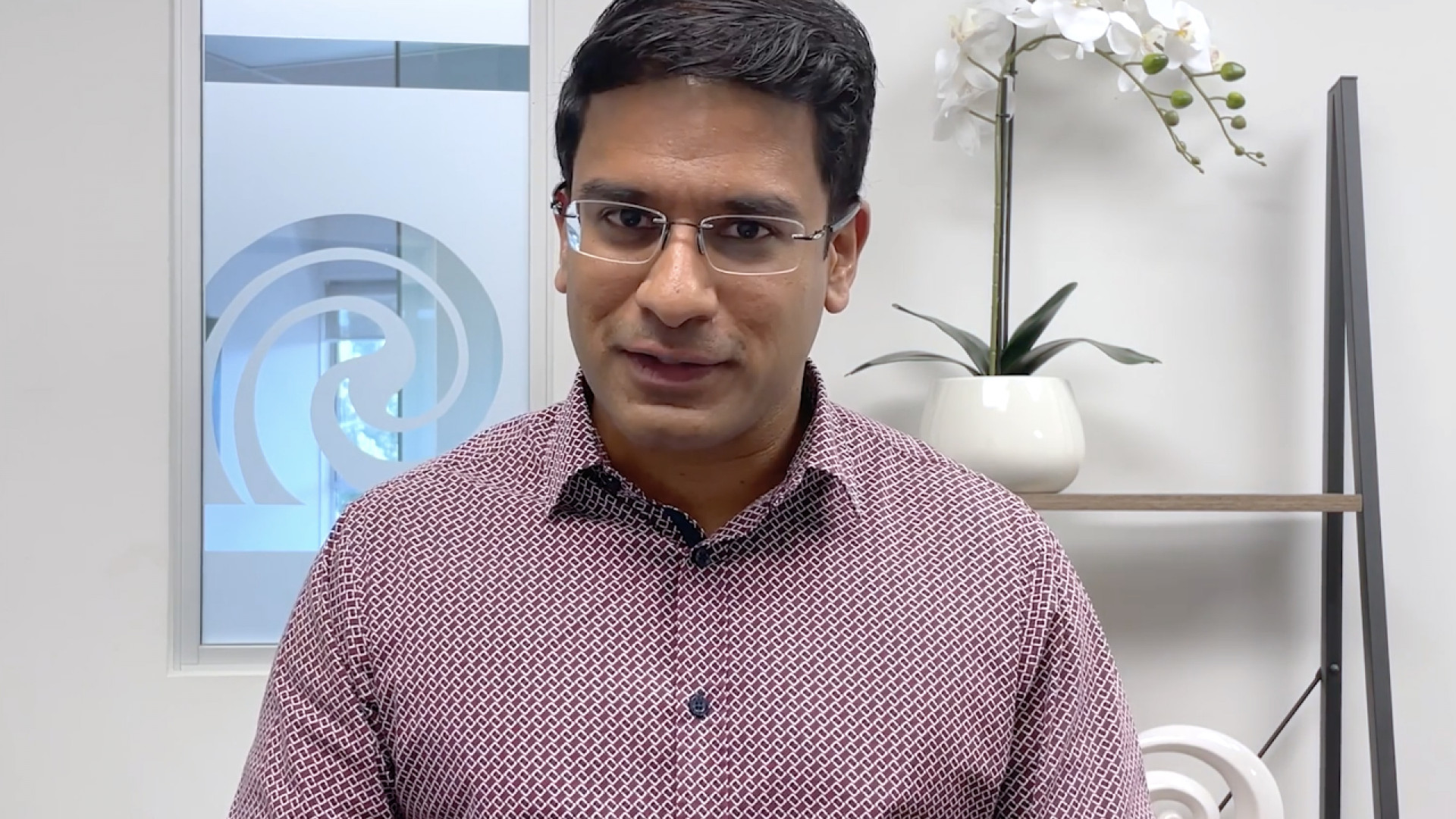Recommended podcasts and reading

It’s been said that not all readers are leaders, but all leaders must be readers.
We would add they must be learners. Below is a selection of podcasts, books and articles that will help you grow as a leader.
Baptist Podcasts



Baptist People
We are Charles Hewlett, and Christine Stride. In our roles as National Leader, and Executive Advisor within the Baptist Churches of New Zealand, we daily have the privilege of bumping into interesting people. Read More
Word World Work
Following Jesus is a dynamic journey of faithful obedience in continually changing contexts. What do we need to know about the Word that shapes us.
Read more
Around the table
Are you a church leader looking for ways to strengthen discipleship across the generations? This podcast will inspire you with ways to grow meaningful intergenerational. Read more
Books
Handling conflict and difference

Conflict is a normal part of any healthy relationship – whether in the home, the church or the workplace.
The key is not to fear or try to avoid conflict but to learn how to resolve it in a healthy way. We have curated some great resources for learning how to handle conflict and negotiate difference.
Available Downloads
Safe Conversations
Developing emotional intelligence
Emotional intelligence is an important life skill that helps us navigate emotions – not just in ourselves, but also in others.
Understanding this skill is particularly important for those working in pastoral care and pastoral leadership spaces.
Growing disciples
Making and growing disciples is a core function of our churches as we seek to bring Gospel renewal.
There is a wealth of discipleship resources available on line. Below are a few that we recommend.
Disclaimer: The resources below come from a variety of organisations and not all may suit your context.
The Centre for Lifelong Learning
Growing Healthy Disciples in my Church
Creating a culture of all-age discipleship
Websites and Podcasts
Making Disciples – interview with John Mark Coma
Everyday Discipleship – Wesley’s 22 questions
Australian video series for new Christians or interested seekers:
Articles
How to disciple a new believer
Barna – the state of discipleship
Books and resources
Faith Formation Poster – church
Understanding your leadership style

Understanding personal leadership style has been shown to be a key part of effective leadership practice.
The articles and weblinks below can help you better understand who you are as a leader and how your style works best alongside others.
Available downloads
How to identify your leadership style
Self-care and Sabbath

It’s been said that, “You can’t take care of anyone else unless you first take care of yourself.” Self-care isn’t about self indulgence, it’s about refreshing and renewing the mind, and body, and soul.
Taking a day a week, a Sabbath, is one way that we can ensure we are giving ourselves time with God to refresh and renew.
Resource
Video
Hazards and Wellness in Ministry – Merrilyn Withers
Articles
10 ways that ministry leaders do self care
Self-care for the weary pastor
Too many pastors are falling on their own swords
Websites
Sabbath: Faith Practices Project
Pastors’ Spiritual Vitality Toolkit
Books
Sabbath as Resistance – Walter Brueggeman (this includes a study guide)
The Sabbath – Abraham Heschel
Sabbath Keeping – Lynne Baab
Leading teams

Healthy teams are a critical part of thriving faith communities.
Whether you are leading a staff team or a team of vounteers we have gathered a variety of resources that will help you lead with excellence.
Available Downloads
External Sites
How Did Jesus Develop his Leaders
Team Building
Key Phrases Jesus used for Leadership Development
The Leadership Strategy of Jesus
The Single Best Way to Fully Motivate your Team
Building Healthy Church Leadership team
Creating a culture of leadership development
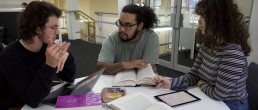
Leadership development is an important part of our collective culture.
This happens in a variety of ways nationally, regionally and locally. More information will follow over the course of this year so keep an eye out for updates.
Available downloads
Forming leaders for the future
The Church as a Teaching Hospital
Mike Summerfield
During a time of intense persecution in North Africa in the 4th Century, several Christians handed over their scriptures to the Roman Governor as a token repudiation of faith, in order to spare their lives. After the persecution ended, the church needed to decide what to do with people who they considered had been lapse in holding on to their faith. Some called for forgiveness and leniency, others derided them and declared them no longer fit for purpose. At stake was the kind of church that God would want on earth.
Augustine of Hippo was a significant church theologian at the time and is quoted by his contemporaries as declaring that the church is best described as a hospital for sinners, rather than a school for saints. For him, the church is most Christ-like when tending to the wounds and short-comings of people, rather than seeking to find the most holy ones and giving them positions of prominence. Against him were a group known as the Donatists, who strived for a pure clergy teaching faithful church members to resist the corrupting influences of the world.
The question is still alive today – is the church better described as a hospital or a school – and every church grapples at some point with the tension between resourcing hospital work and school work. Whenever there is an ancient tension that has been irresolvable over time, it’s best to ask the question of how we might organise ourselves to be both. Dunedin has a good model of a teaching hospital that might help inform the kind of church we are called to be.
Every patient at a teaching hospital needs treatment, and every treatment is an opportunity to grow someone in competence and confidence to become a medical professional. If we were to consider this model as a church, then we would seek to deliberately structure ourselves and spend our resources on helping people to become proficient ministers whilst attending to the needs of congregation, the city, and the world.
A teaching hospital knows that the bulk of the people trained by them are destined for other places. A teaching hospital knows that there is a steady stream of new people coming at various points of their medical journey who will contribute and learn, and then either remain or leave. A teaching hospital knows that you measure success both in the lives of those receiving treatment, and in the development of those who come to learn. I think a church with a heart to be like this could emulate the goals of that hospital within its own context.
This would largely require a shift in pragmatic thinking away from an economy of scarcity and towards an economy of excess and generosity. It would be a commitment to deliberately spending resources for the benefit of members of other churches, as we strive to increase the pool of Cross-Shaped, Bible-Literate, Culturally-Engaged church workers in the world.
Entry
Medicine is attractive and the way that people enter the profession is well known and well-advertised. Church ministry is not really either of those things. To get people on to the journey of serving God in ministry:
- We need to find a way to grow a culture of expectation that people will be regularly called by God to abandon their former hopes and dreams and work instead for a new goal and calling.
- We need a culture where it is assumed that people will be asked to spend time discerning if God is drawing them towards a different career than they first thought. We need to be a church renowned for being where people often radically change direction.
- We need structures in place to identify when people are exploring a sense of calling and know how to get alongside them and their families in discerning what is happening.
Pre-clinical training
The first stage of learning medicine is learning the basics (how the knee bone connects to the thigh bone, what becomes of the broken-hearted, why guilty feet have got no rhythm (ok, not that one)). In the same way, the first stage of ministry development is learning the basics. A church that seeks to take people and shape them towards ministry needs to have things in place to start people on this journey. There needs to be a commitment to resourcing the curious, with reading, 1:1 discipleship, groups, home-groups and ministry opportunities. The whole church needs to be open to shouldering the cost of helping specific people to explore the basics as part of asking “is this for me?”
Ideally, we would also resource people to take a light-weight introduction to theology course of some description.
Clinical training
Following the basics is a time of learning the necessary skills to progress. Senior medical students and junior doctors spend time learning the specific skills they need in life (where you don’t stick needles and where you do stick thermometers), and so too must emerging ministry candidates. Ultimately, some formal theological training is necessary to progress in most ministry positions. Whether it is theology, counselling, youth-work or global mission, there will be a proscribed pathway that candidates will follow.
Just like churches support missionaries in the field, so too must a teaching-hospital-church support people in this phase. We need to find ways to resource people financially to undertake study. We need to grow a culture that supports people through what can be an immensely difficult time. We need a culture that lets people know they are important to us in their absence, and that they are free to pursue the best opportunity for them when the time comes.
Apprenticeship
As people progress through hospitals, their day-to-day existence becomes one of managed mimicry. Everyone follows the person above them and learns from them. A church that excels in getting people into ministry will also have a commitment to structuring themselves so that there is opportunity for people to learn on the job.
We would need a culture of saying “yes” to ministry opportunities that might suit people who are with us and seeking to learn. We would need a culture of constantly giving things a go as people learn the skills to identify and undertake their own ministry. We would need a culture where we deliberately make room for people to learn, by getting out of the way and letting them find their feet in a supported environment.
The more ministry partnerships we have with other churches and organisations, the easier it will be to find places for people to learn and grow whilst making a positive difference in the lives of others.
Specialisation
The final phase of medical education is choosing a specialisation and completing the final, specific training. Ministry is similar in that there are many, many shapes of what can be done, and a person needs to find where they best fit their calling. We would need to be completely sold-up to trusting what God is at work doing in a particular person as we helped them find out where they needed to be. Most of them would need to be somewhere other than here. We would need resources to help people work through how they functioned and where they had the most to offer, and then create a supportive environment that helps them into that situation.
Support
This is the time to also explore the other specialisations that exist in a teaching hospital and make it possible for it to undertake its function. There are many, many roles that support the workings of the hospital (administration, nursing, social work, technical support) and likewise a church needs those roles covered to achieve its purpose. There will need to be a group of people who stay. Who own the purpose of the church and seek to make it happen. The general congregation that seeks to see people built up and sent out, and then comes back the next Sunday to carry on as normal.
Robust Leadership Training course
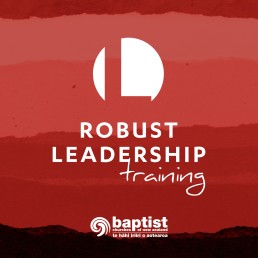
This 10-module course has been produced by the Baptist Leadership Hub to help you grow in your leadership capacity.
The course covers ten areas that we believe are markers of a robust leader and is suitable for anyone in leadership in a church, faith community or associated entity.
Each module is facilitated by a different Baptist leader and includes video teaching, follow-up learning, and a practical component.
The course material can be used in a variety of ways:
- On your own
- With a mentor
- In a small group facilitated by another leader
- As an eldership, ministry, or leadership team
You could do one module a month and complete the full course over 10 months, or one module a week and complete the course in 10 weeks. You could also do a “pick and mix” variant and just complete the modules that most interest you – but we think you’ll decide they are ALL excellent!
The course material is accessed either via this webpage – see module episodes below, or via the Baptist NZ app. This is a FREE resource for leaders within Baptist faith communities. If you are not from one of our faith communities please contact Karen Warner.
A “Certificate of Completion: Robust Leadership Training” will be given upon completion to participants in Baptist churches.
Each module will take approximately 3 hours in total and follow this format:
- 10 min video teaching
- Follow-up reading – about 750 words from the presenter
- An application exercise where learnings are put into practice – choose one of 2-3 options
Extra resources (e.g. book suggestions) will be supplied for those who wish to go deeper, please contact Karen Warner.
A strong focus on Jesus
Module 1: Robust leaders have a strong focus on Jesus.This 10-module Robust Leadership Training course has been produced by the Baptist Leadership Hub to help…
Emotional intelligence and self-awareness
Module 2: Robust leaders are emotionally intelligent and self-awareThis 10-module Robust Leadership Training course has been produced by the Baptist Leadership Hub to help you grow…
Biblical literacy and discipling others
Module 3: Robust leaders are biblically literate and able to disciple othersThis 10-module Robust Leadership Training course has been produced by the Baptist Leadership Hub to…
Holy Spirit-led leadership
Module 4: Robust leaders believe in the power and ongoing work of the Holy SpiritThis 10-module Robust Leadership Training course has been produced by the Baptist…
Thinking and working strategically
Module 5: Robust leaders are able to think and work strategicallyThis 10-module Robust Leadership Training course has been produced by the Baptist Leadership Hub to help…
Leading teams and empowering others
Module 6: Robust leaders have the ability to lead teams and empower othersThis 10-module Robust Leadership Training course has been produced by the Baptist Leadership Hub…
Effecting change and taking risks
Module 7: Robust leaders have the capacity to effect change, and take risks when requiredThis 10-module Robust Leadership Training course has been produced by the Baptist…
Coping with difference and handling conflict
Module 8: Robust leaders are able to cope with difference and handle conflict situationsThis 10-module Robust Leadership Training course has been produced by the Baptist Leadership…
Committing to Te Tiriti and understanding Te Ao Māori
Module 9: Robust leaders have a commitment to Te Tiriti o Waitangi, The Treaty of Waitangi and an understanding of Te Ao MāoriThis 10-module Robust Leadership…
Being Baptist
Module 10: Robust leaders have an appreciation of Baptist ecclesiology, especially church governanceThis 10-module Robust Leadership Training course has been produced by the Baptist Leadership Hub…
Better Church Elders video training
Click here to access Better Church Elders…
You might also find helpful this New Zealand made online training resource for Eldership groups and church boards, now freely available thanks to our Centre for Lifelong Learning.
This is a series of teaching videos (15-20 minutes each) about Eldership. The video content is provided in an interview format led by Charles Hewlett (New Zealand Baptist National Leader) with experienced practitioners: viewers have the opportunity to hear from multiple voices adding to this topic of forming healthy eldership and church board teams.

